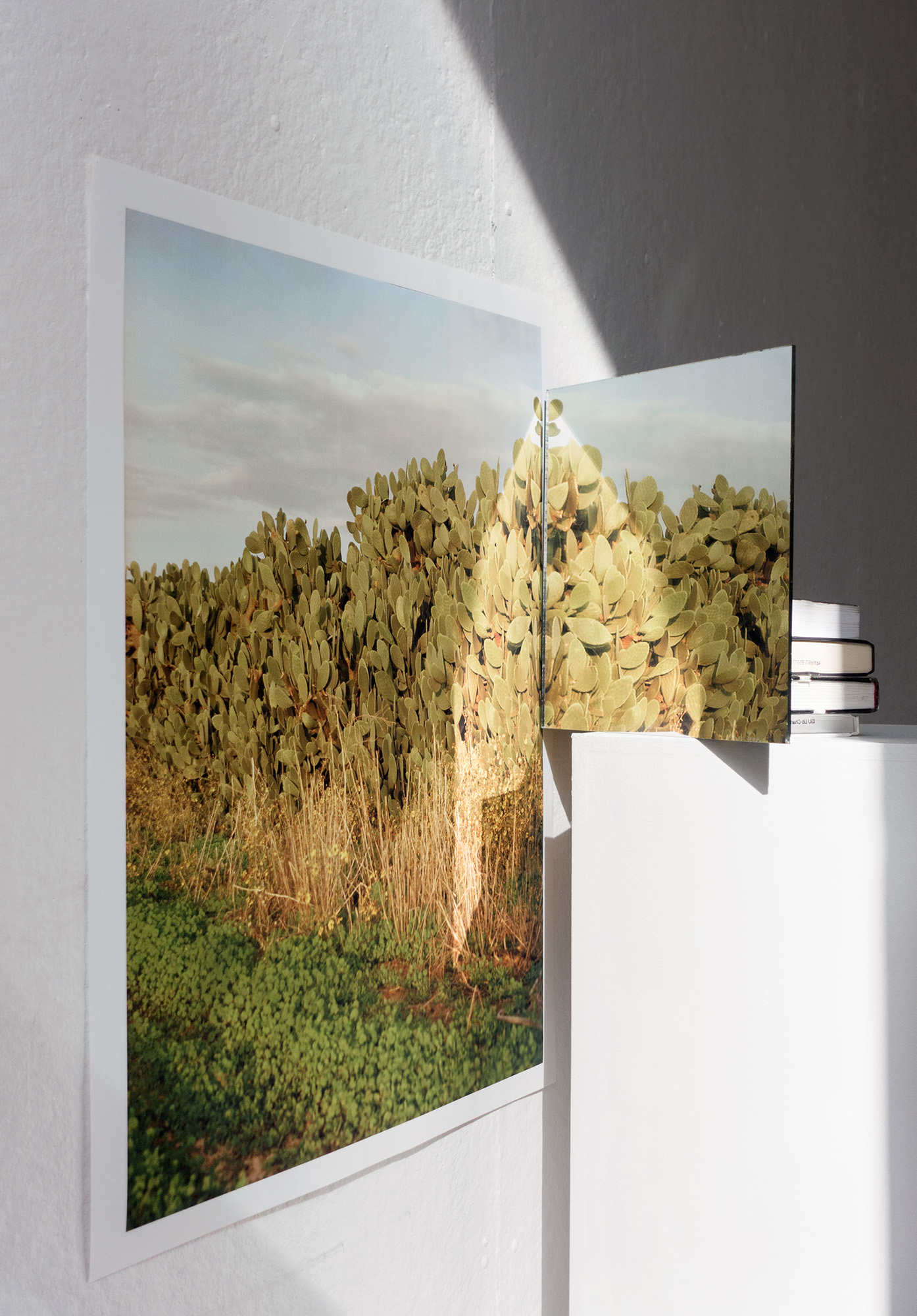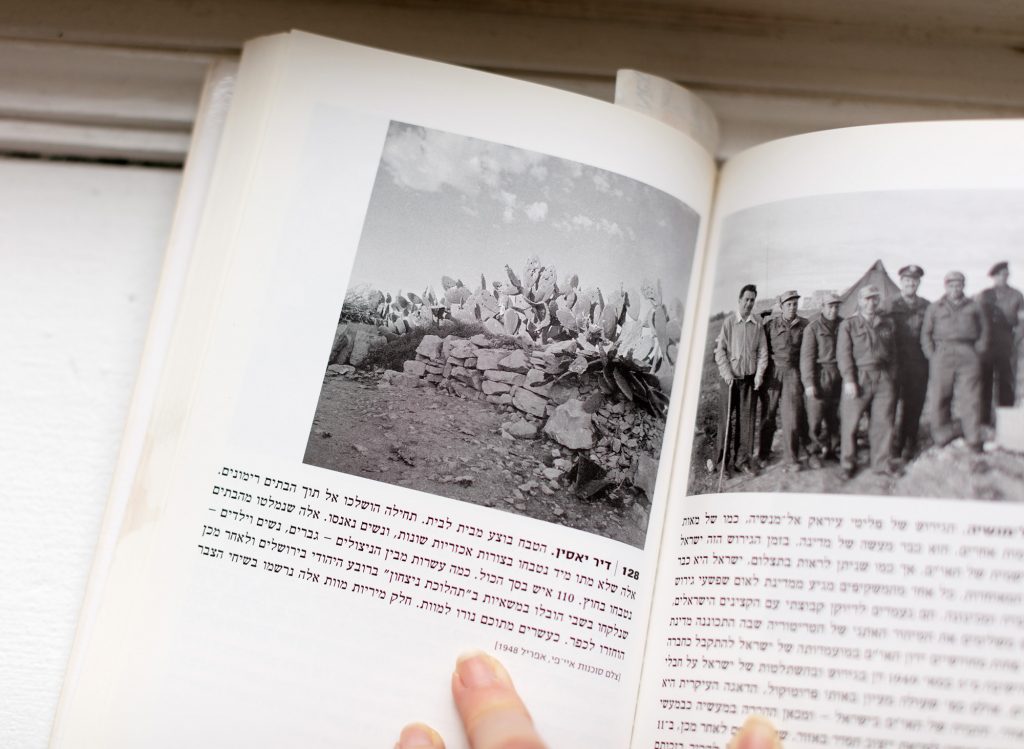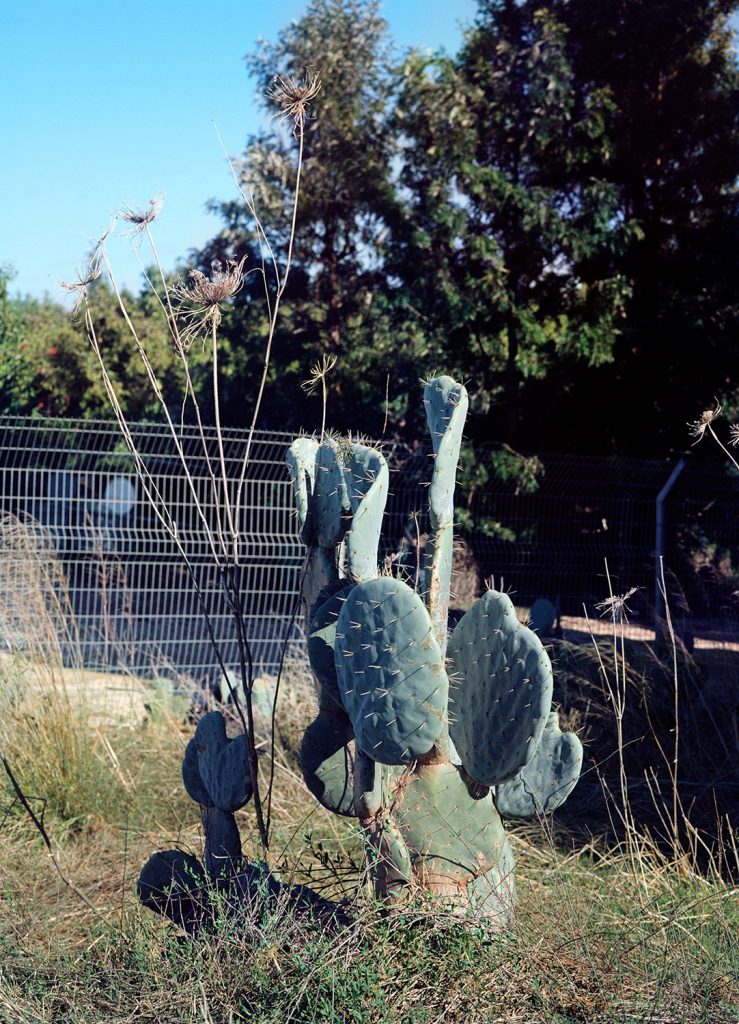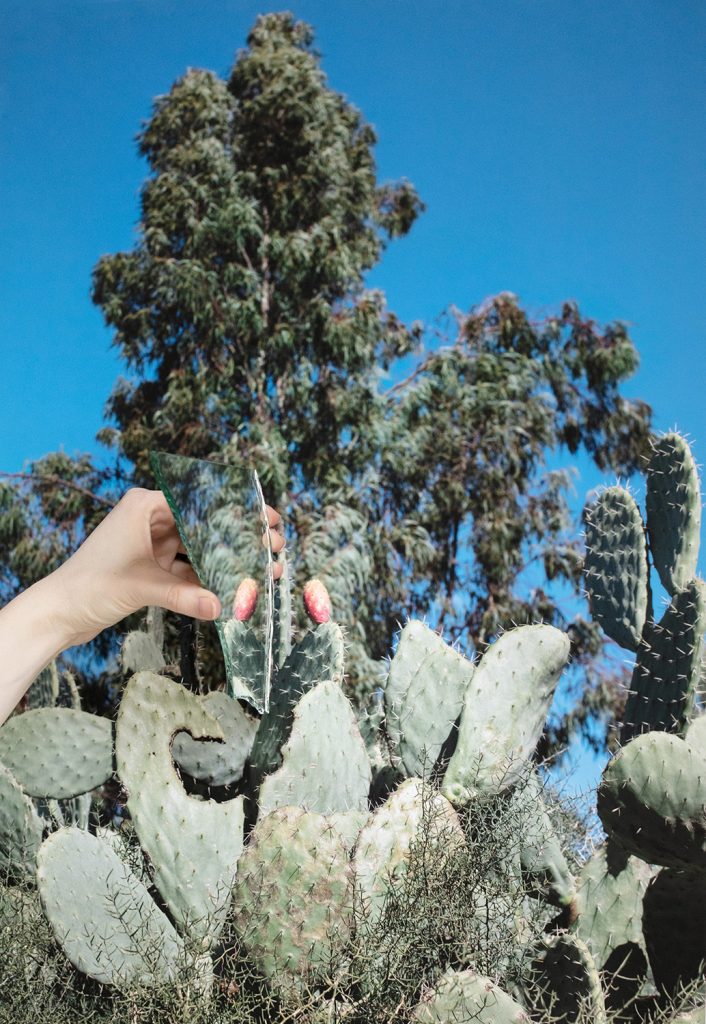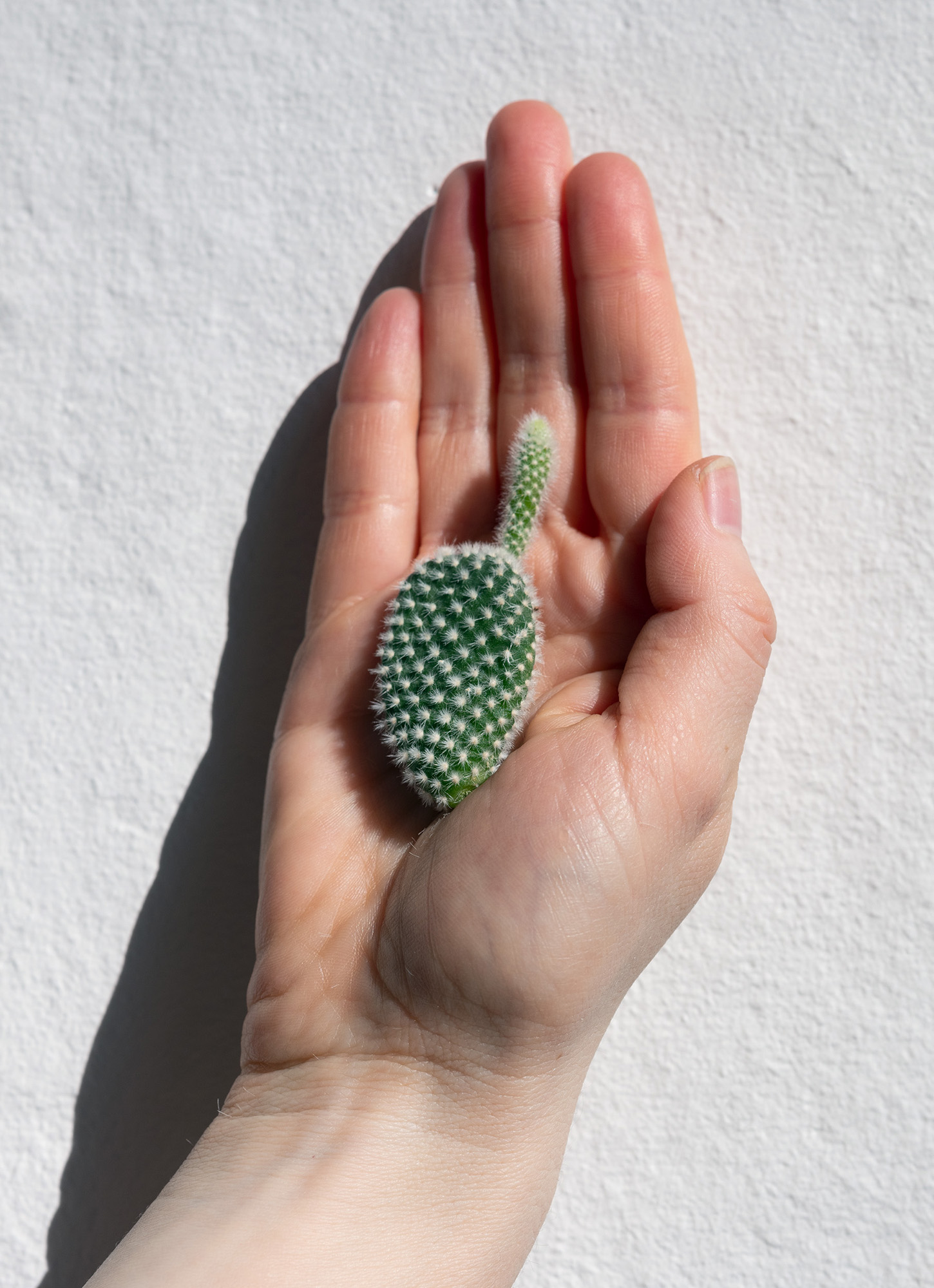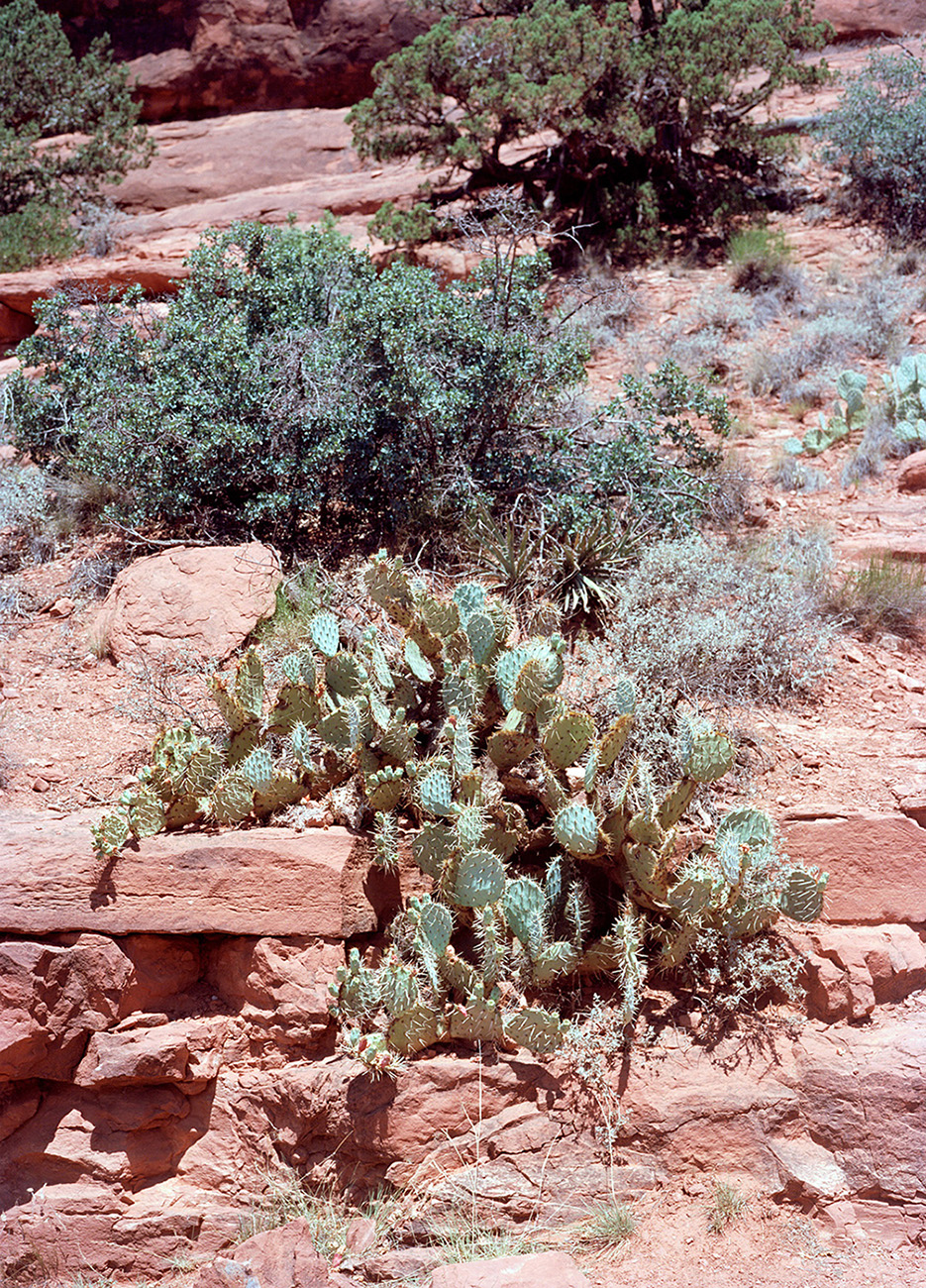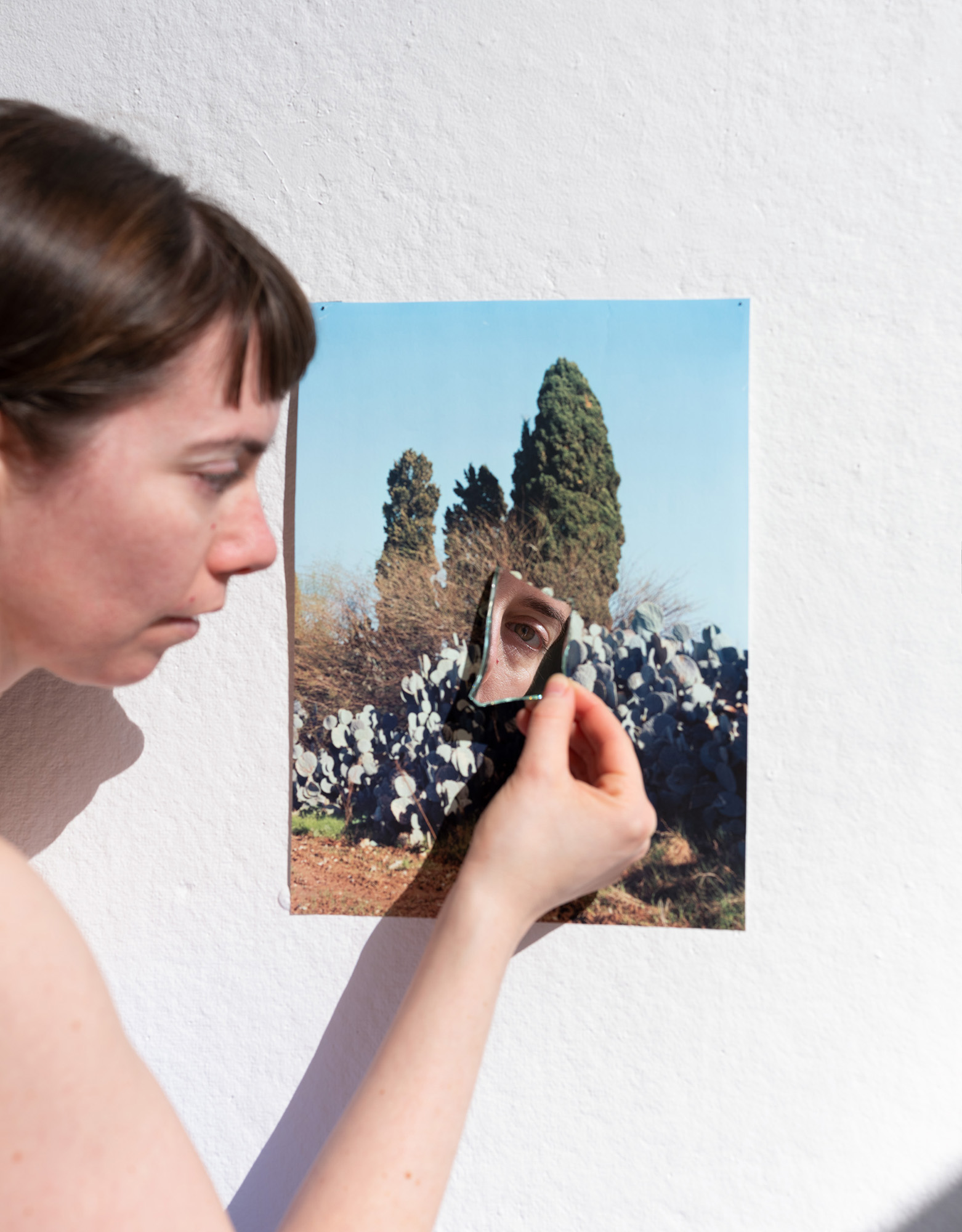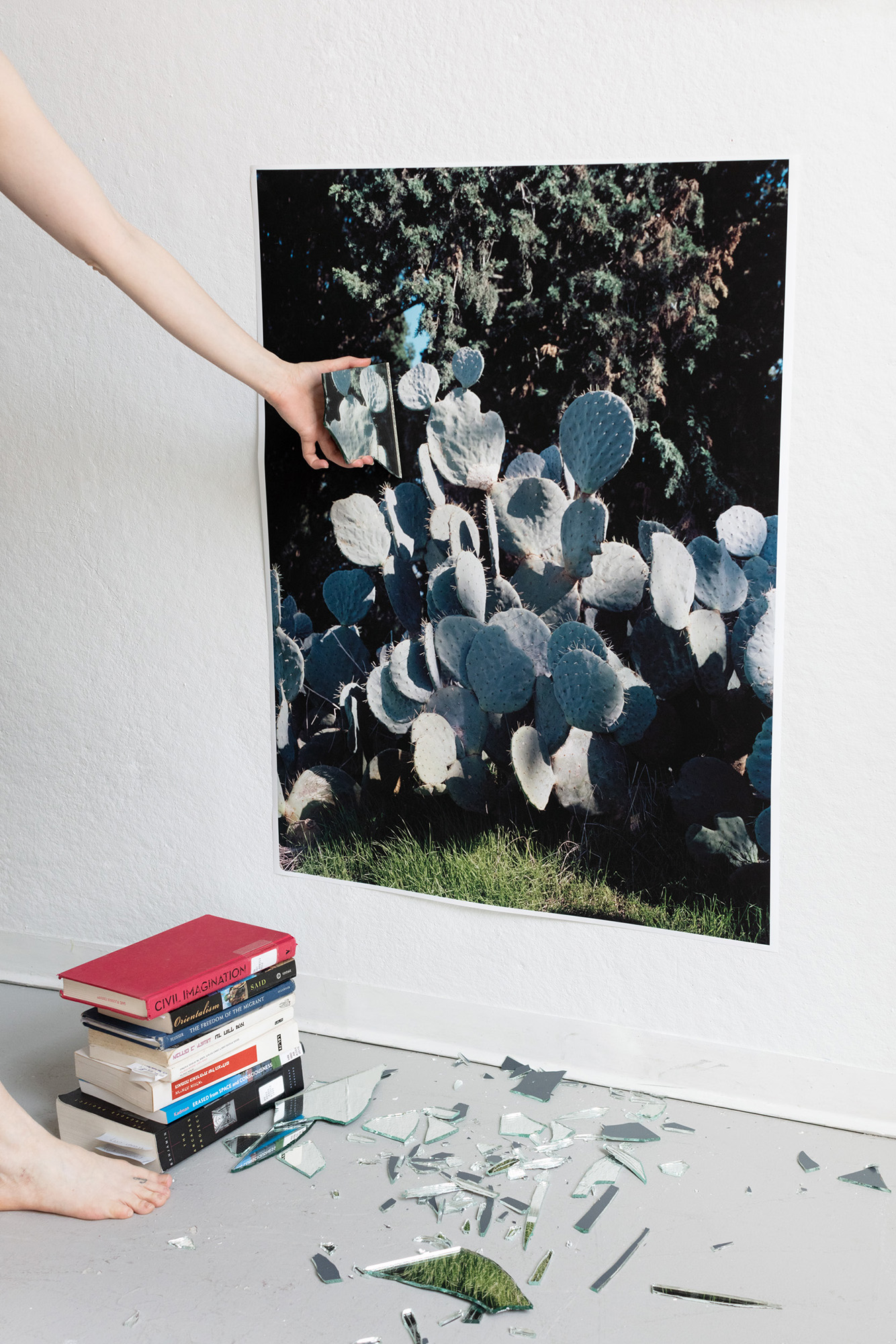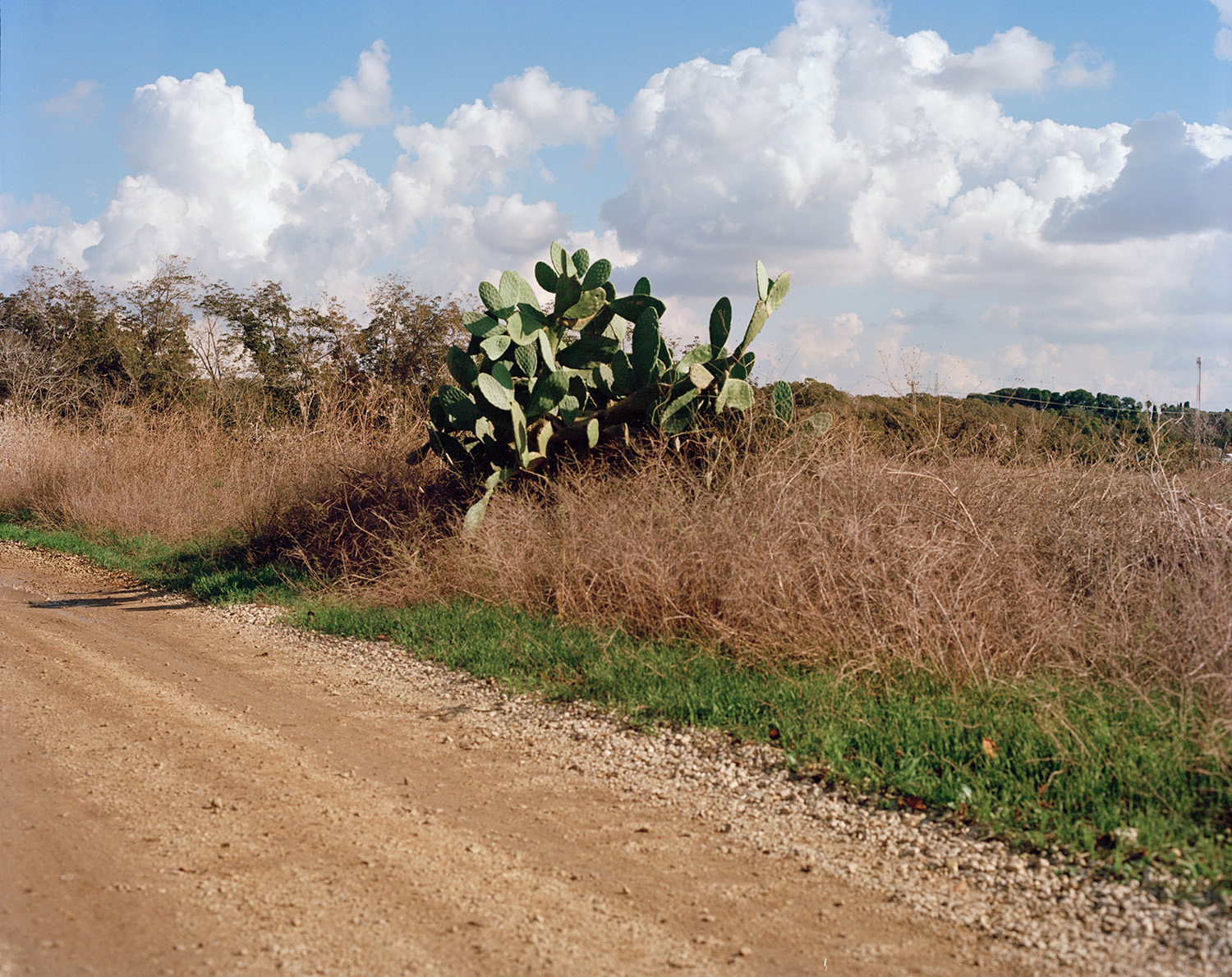The yearning for home, and at the same time reluctance and lack of ability to visit home, has taken me on a quest for the Sabra, simulation of home and my identity. Maybe even a new identity.
Jenny Rafalson
Artist statement
Growing up as an immigrant from the former USSR in Israel, I had to adjust myself to be part of Israeli society. I had to give up the culture and identity from home almost completely for the Israeli.
Moving to the US to study in grad school, the physical and the emotional distance from home made me look in a different way at home and on myself. Made me look at my identity that I fought so hard to be but did not acknowledge what it truly meant to be Israeli. What it means to be Sabra.
The video was a love letter to an important relationship in my life, but at the same time didn’t work the way I thought it would. I filmed in different places that simulated for me this relationship with Israel. I asked my younger brother to participate in the video, to illustrate the similarity and the difference in our relationship to Israel that we share.
‘Sabra’ is a Hebrew word with Arabic origins and refers to a Jewish man born in Israel. However, the Sabra cactus, or Prickly Pear in English, is not a native plant in Israel and was transplanted from the Americas in the 16th century by the Spanish. It is ironic that both, Israelis and Palestinians, see the Sabra as a national symbol of ancient roots and connection to the land. Growing up with the Sabra myth, I knew enough to change my identity, but not enough to understand the depth of history behind it, and now I question my belonging to the culture and place.
The yearning for home, and at the same time reluctance and lack of ability to visit home, has taken me on a quest for the Sabra, simulation of home and my identity. Maybe even a new identity.
I created utopian (non-spaces) spaces, and safe spaces in my studio by using landscape images that I photographed for the last two years. I was looking for a simulation of a place I call home in Arizona, Indiana, Chicago and Israel. I rephotograph the landscape of Israel in Chicago in a reflective space, with light reflected from the buildings in front of my studio. I am using the metaphor of the mirror to talk about dialectical concepts of space and non-spaces that I exist in as an immigrant.
